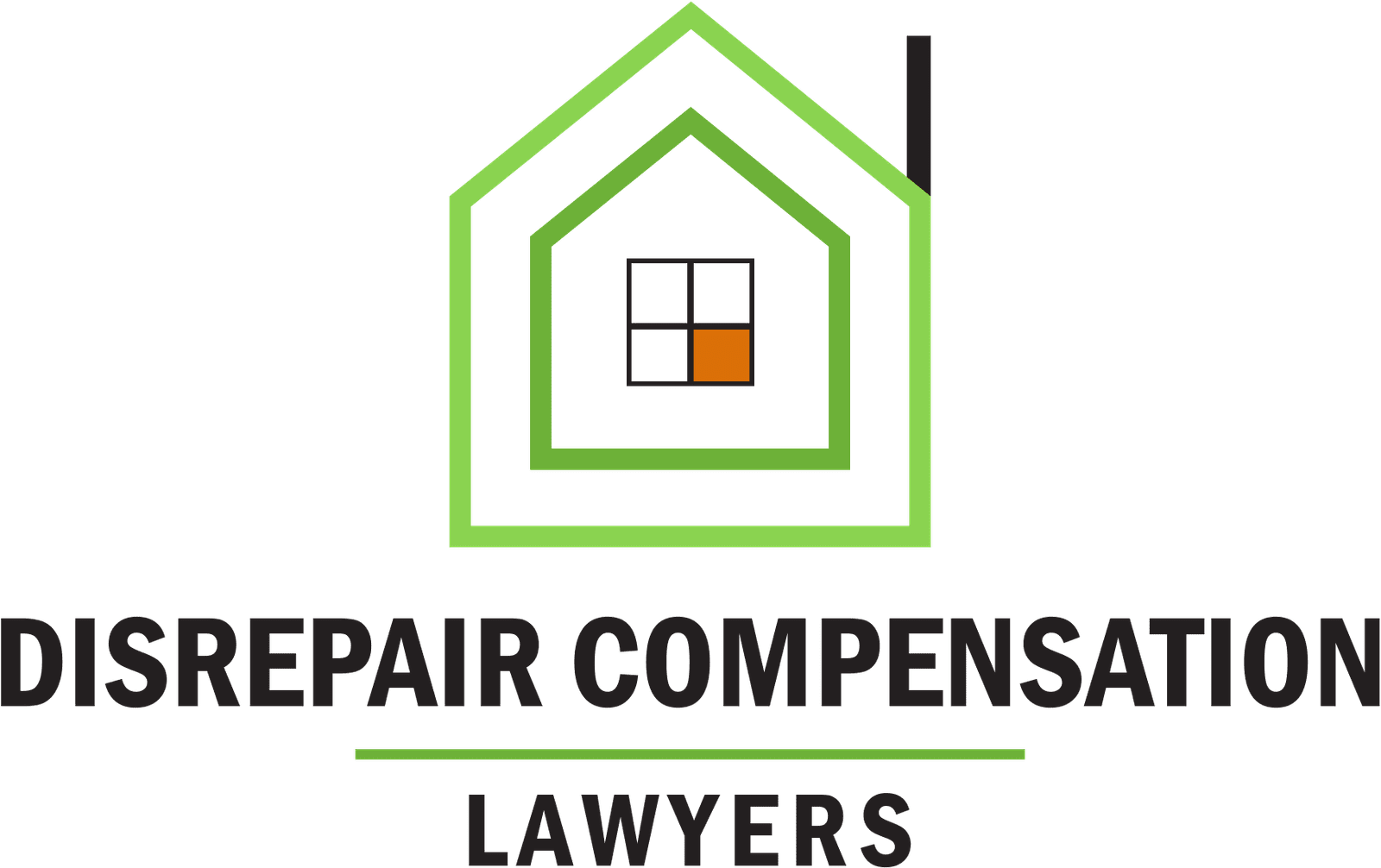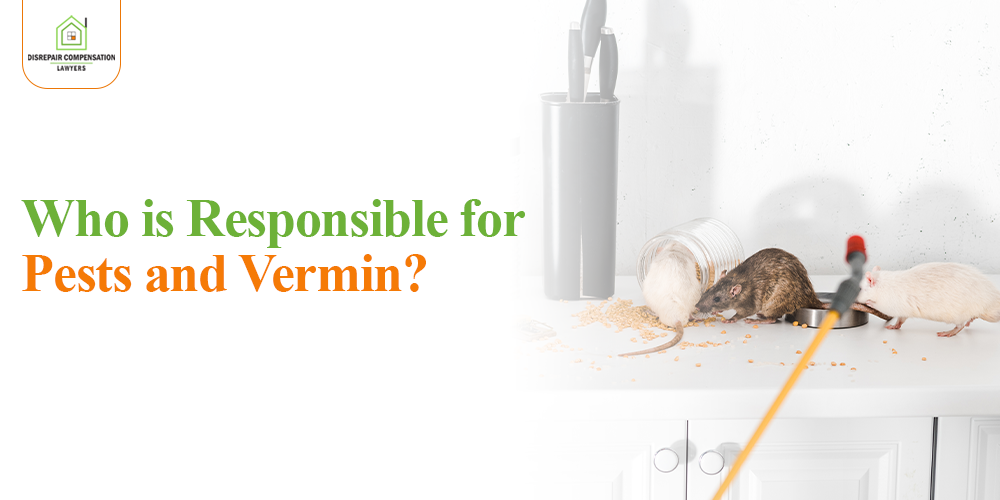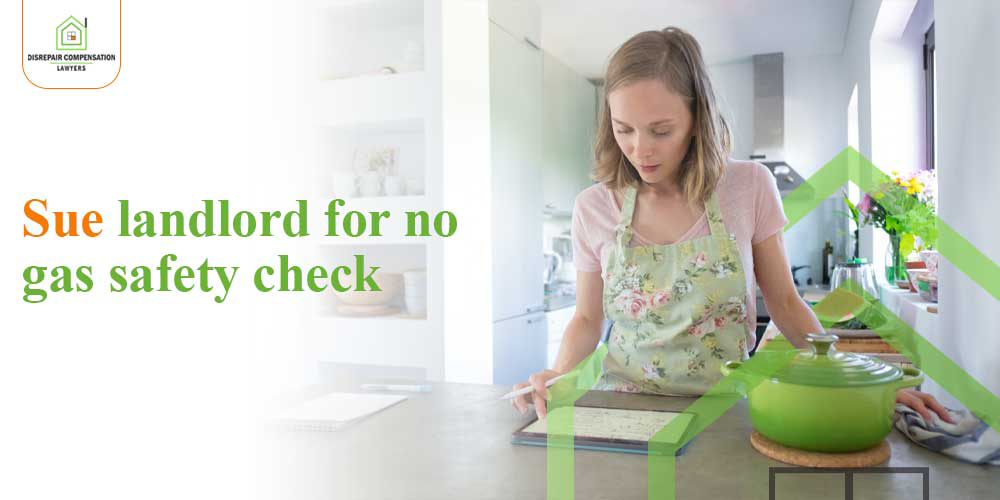To effectively complain about a council or housing association, start by clearly documenting your issue with dates, times, and any correspondence or evidence supporting your claim. Be concise and specific about what went wrong, how it has affected you, and what resolution you seek. Follow the official complaints procedure of the council or housing association, which typically involves submitting a written complaint through their designated channels. Remain polite and professional throughout the process, and if necessary, escalate your complaint to higher authorities or seek assistance from an ombudsman if your issue is not resolved satisfactorily.
When to Complain and When to Ask for a Review
Before jumping into the complaint process, requesting a review of a specific decision is sometimes more appropriate. You typically have three weeks from the decision date to request a review. This is relevant for issues such as:
- Housing register decisions
- Homeless applications
- Housing benefit claims
- Tenancy transfers due to homelessness, overcrowding, or substandard housing conditions
You can still proceed with a formal complaint if the review outcome is unsatisfactory.
Initial Steps: Complain to the Council or Housing Association
Start by lodging your complaint directly with the council or housing association. Social landlords must provide accessible complaint mechanisms, including in-person, phone, email, letter, or via their website.
Gathering Information
Before lodging your complaint, gather all relevant information:
- Emails or letters you have sent or received
- Complaint or case reference numbers
- Notes of any missed appointments or unreturned calls
- Records of any verbal conversations, including the date, time, and the name of the person you spoke to
The Complaints Process
- Initial Complaint: The council or housing association must acknowledge your complaint within five days and respond within ten days.
- Escalation: If you are not satisfied with the initial response, you can request a second review, which should be completed within 20 working days from the date of acknowledgment.
Their written responses must be clear and plain, providing:
- A decision and the reasons behind it
- Details of any rectifying actions or compensation
- Information on how to escalate the complaint if necessary
Taking Your Complaint to the Ombudsman
If the council or housing association responds unsatisfactory, you can escalate your complaint to a housing ombudsman. Ombudsman services are free and impartial, designed to resolve complaints effectively.
Which housing Ombudsman to Contact?
Housing Ombudsman:
Deals with issues related to social housing tenants and leaseholders, including:
- Damp and repairs
- Disability adaptations
- Rent and service charges
- Tenancy rights and evictions
- Non-urgent housing transfers
- Home swaps and mutual exchanges
- Leaseholder issues
- Complaints processes
How to Complain to the Housing Ombudsman:
- Use the online complaint form
- Phone: 0300 111 3000
- Email: info@housing-ombudsman.org.uk
Local Government and Social Care Ombudsman (LGSCO): Handles complaints about:
- Homeless applications
- Urgent housing transfers
- Overcrowded housing
- Housing register applications and bands
- Housing benefit administration
- Safety inspections of private rented housing
- Lack of enforcement for private housing safety and repairs
- Poor response to harassment or illegal eviction reports
How to Complain to the LGSCO:
- Use the online complaint form
- Phone: 0300 061 0614
- Email: info@housing-ombudsman.org.uk
What to Expect from the housing Ombudsman
Once you submit your complaint, the ombudsman will determine whether they can investigate. If they decide not to proceed, they will provide written reasons.
Investigation and Resolution
- Early Resolution: The Housing Ombudsman may resolve issues within two months without a formal investigation.
- Formal Investigation: Most cases are resolved within six months, but complex investigations can take up to a year.
During the investigation, the ombudsman may request additional information from all parties involved.
Housing Ombudsman Decision
After the investigation, the ombudsman will issue a written decision. They often publish anonymized versions of decisions on their website. If your complaint is upheld, the ombudsman might recommend actions such as:
- An apology from the council
- Compensation payments
- Improvements in procedures
- Providing a service or making a decision that was previously neglected
While councils are not legally required to follow the ombudsman’s recommendations, they usually do.
Conclusion
Reporting a council or housing association may seem difficult,, but knowing the process and documenting it can enhance the results you want. However, if you are still dissatisfied, do not forget that the Ombudsman services are available for you, and they will impartially consider the proceedings of your case.







